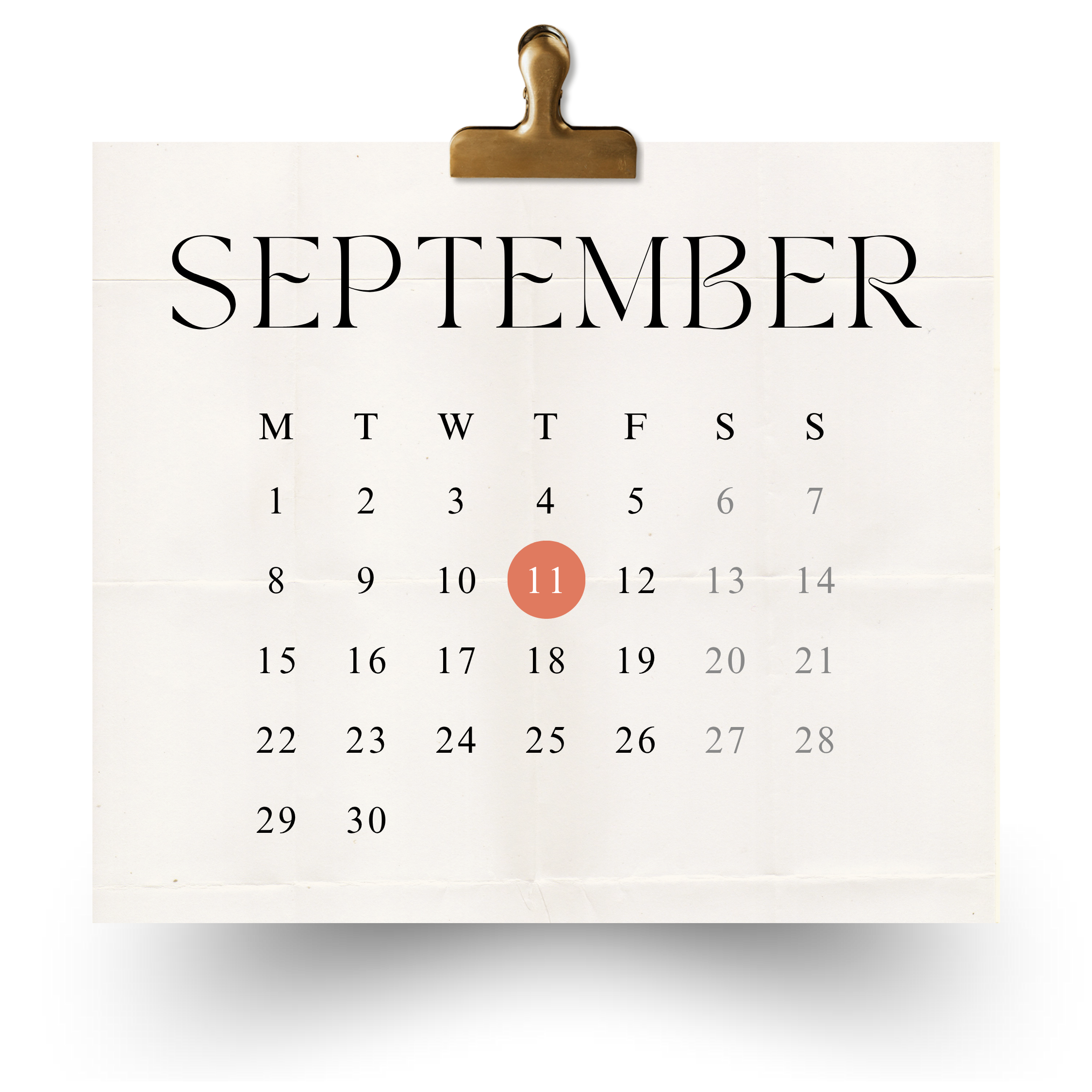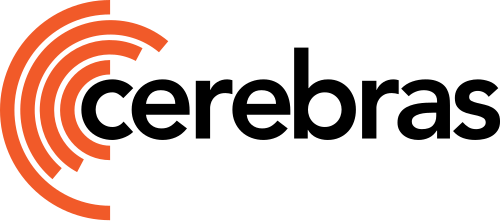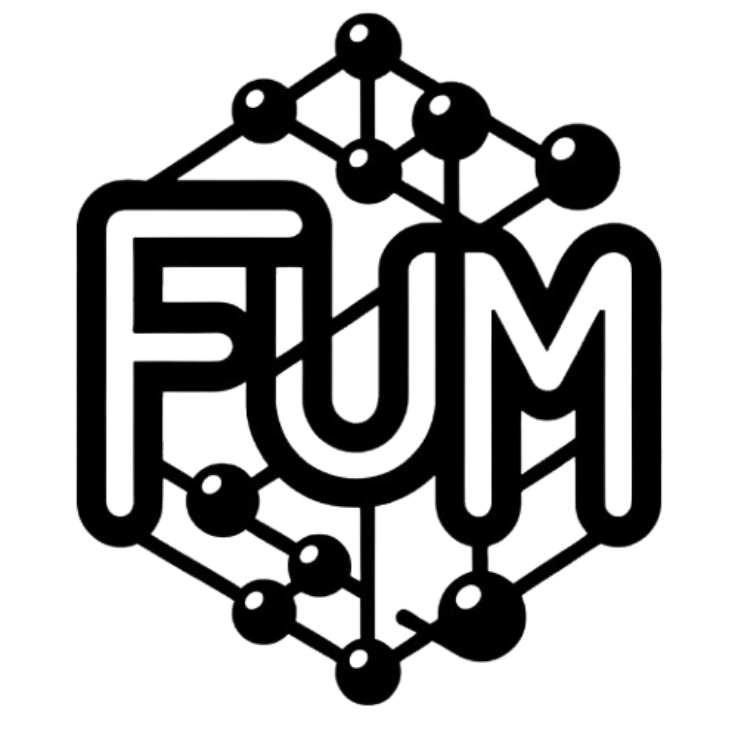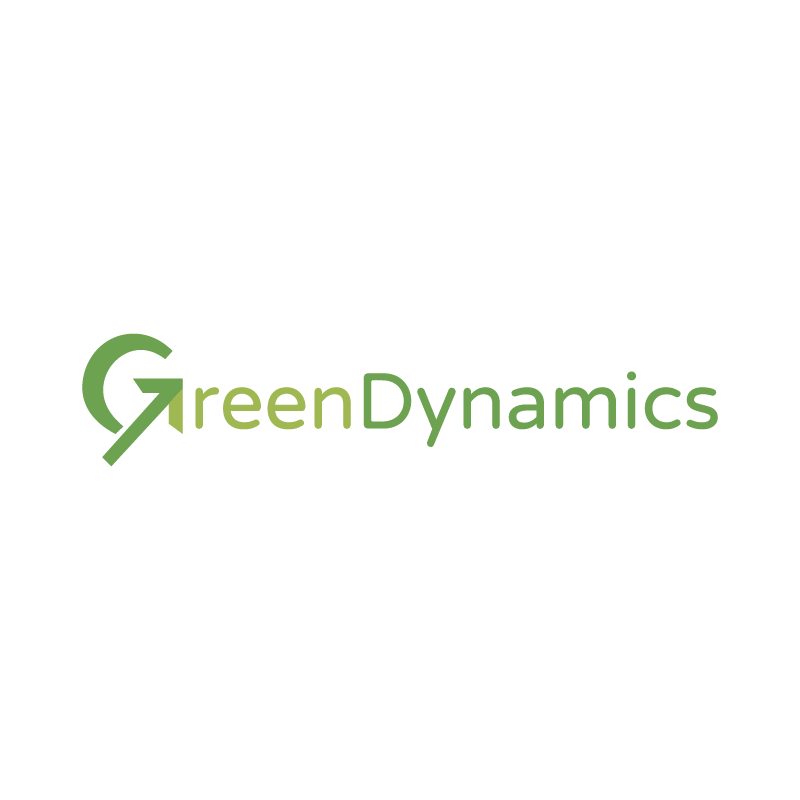Learn, Build,
Innovate
LLM Hackathon for Applications in Materials Science & Chemistry
A hybrid international hackathon connecting researchers from across the globe to explore and help solve the biggest problems in materials science and chemistry.


About The Hackathon
Our most recent hackathon brought together an incredible community of materials scientists, chemists, and AI enthusiasts from around the world. Over the course of 24 intensive hours, participants dove deep into some of the most challenging problems in science, leveraging the power of large language models and cutting-edge AI tools to push the boundaries of what's possible.
Teams worked collaboratively across time zones, creating innovative solutions that ranged from automated research assistants to novel data analysis pipelines. The energy was infectious, the discoveries were groundbreaking, and the connections made will last far beyond the event itself. Check out the amazing projects and winners on our awards page, and stay tuned for announcements about future hackathons!
Our Partners










Hackathon Schedule
Hackathon Kick-off
Kick-off (virtual video - link soon) and opening teaming event
Hacking Begins
Mentorship sessions available.
Final Submissions
Project submission deadline.
Post-Event Showcase
Winners Announced, Featured Projects Invited to Virtual Showcase
Featured Videos

2025 LLM Hackathon for Applications in Materials and Chemistry - Event Kickoff
In this kickoff video, Ben Blaiszik introduces the hackathon, its purpose, and what participants can expect over the next few days. Together, we’re building a global community of innovators and builders who are pushing the boundaries of what’s possible in materials science, chemistry, and drug discovery using large language models (LLMs) and multimodal AI.

2025 Magdalena Lederbauer: Breaking Down Barriers in Science: AI Tools for Better Research Communication
In this conversation, Magdalena Lederbauer shares her journey at the intersection of chemistry and machine learning, especially using LLMs. She discusses her experiences at ETH Zurich, her participation in hackathons, and the development of GlossaGen, a tool designed to create glossaries from scientific literature. The conversation also introduces a template for hackathon participants to rapidly create applications.

2025 Chenru Duan: From MIT PhD to AI Startup: Creating Better Benchmarks for AI-Driven Scientific Research
Join us for an in-depth conversation with Chenru Duan, founder and CTO of Deep Principle, as he discusses his journey from MIT PhD to AI startup and introduces the groundbreaking Scientific Discovery Evaluation (SDE) Framework. Unlike traditional AI benchmarks that focus on textbook-style Q&A, SDE Harness evaluates LLMs on iterative scientific discovery workflows - hypothesis generation, experimentation, observation, and refinement.

2024 Elsa Olivetta (MIT), Calvin Li (Fum), Marwin Segler (Microsoft), and Michael Craig (Valence) LLM Hackathon for Applications in Materials and Chemistry Kickoff
Speakers include Elsa Olivetta (MIT), Calvin Li (Fum), Marwin Segler (Microsoft), and Michael Craig (Valence). This video also includes event kickoff information and teaming support.

2023 Kevin Jablonka: LLMs in Materials and Chemistry - Why ML Can Find a New Material, But Not a Needle in a Haystack
Kevin Jablonka from EPFL describes the implications of large language models and new software for materials and chemistry discovery.Topics include: Background ML in materials with tabular data; LLMs as a general model creation platform for materials science; Software to simplify application of LLMs to materials and chemistry; ChemChain (using LangChain) to combine chemistry-related tools with almost no code

2023 Andrew White: LLMs and GPT4 in Materials and Chemistry - How to Be a Chemist in 2023
Andrew White describes the implications of large language models and new software for materials and chemistry discovery. Topics include: How to search for information in 2023; Paper-QA; Agent based Paper-QA extension; GPT4; Synthesis to property prediction mapping skipping structure

2023 Christian Dallago: LLMs for Applications in Chemistry - BioLLMs and All That Jazz
As part of the LLM for Applications in Materials and Chemistry Hackathon, Chris Dallago gives an overview of NVIDIA software and tools to facilitate for materials and chemistry discovery. Topics include: NeMo Framework and BioNeMo; 3D Parallelism for Building Foundation Models; MegaMolBart; MolMIM molecular auto encoder
Prizes & More
$1000
First Prize
For the overall winning team.
$500
Second Prize
For the runner-up team.
$250
Third Prize
For the second runner-up team.
Various
Special Prizes
Awards for best innovation, best design, and more!
Frequently Asked Questions
Who can participate?
Students, researchers, and professionals from all backgrounds are welcome.
Is there a participation fee?
No, participation is completely free.
What is the team size?
The ideal team size is anywhere between 3 and 10 participants. But there is no enforced limit on size.
What do I need for the hackathon?
You will need a reliable internet connection and access to a few tools that will be used during the event. Make sure you check out our Tech Stack above, and have signed up for all those services.
How will I interact with the other attendees?
You can interact with others via the Slack, Zoom, Miro. Separate team meetings separate team meeting locations should bedefined for discussions.
What kind of mentorship will be available?
We will have a team of experienced mentors from both academia and industry via Slack to help you with your projects.
What will be the judging criteria?
1. Potential for impact: Using what you know about the particular domain, how could this project impact research done in this field? Looking at past research, would his project make better research outcomes or accelerate research in the future?
2. Innovativeness: Does this project stand out? Is it a unique approach? Does it make researchers' lives easier?
3. Scalability: At what point does this project stop scaling? Can the project scale up to accommodate more users? Can this project serve its intended audience as is or does it have the capability to grow with users?
4. Relevance to materials science and chemistry: How relevant is the project in terms of advancing the research in materials science and chemistry?